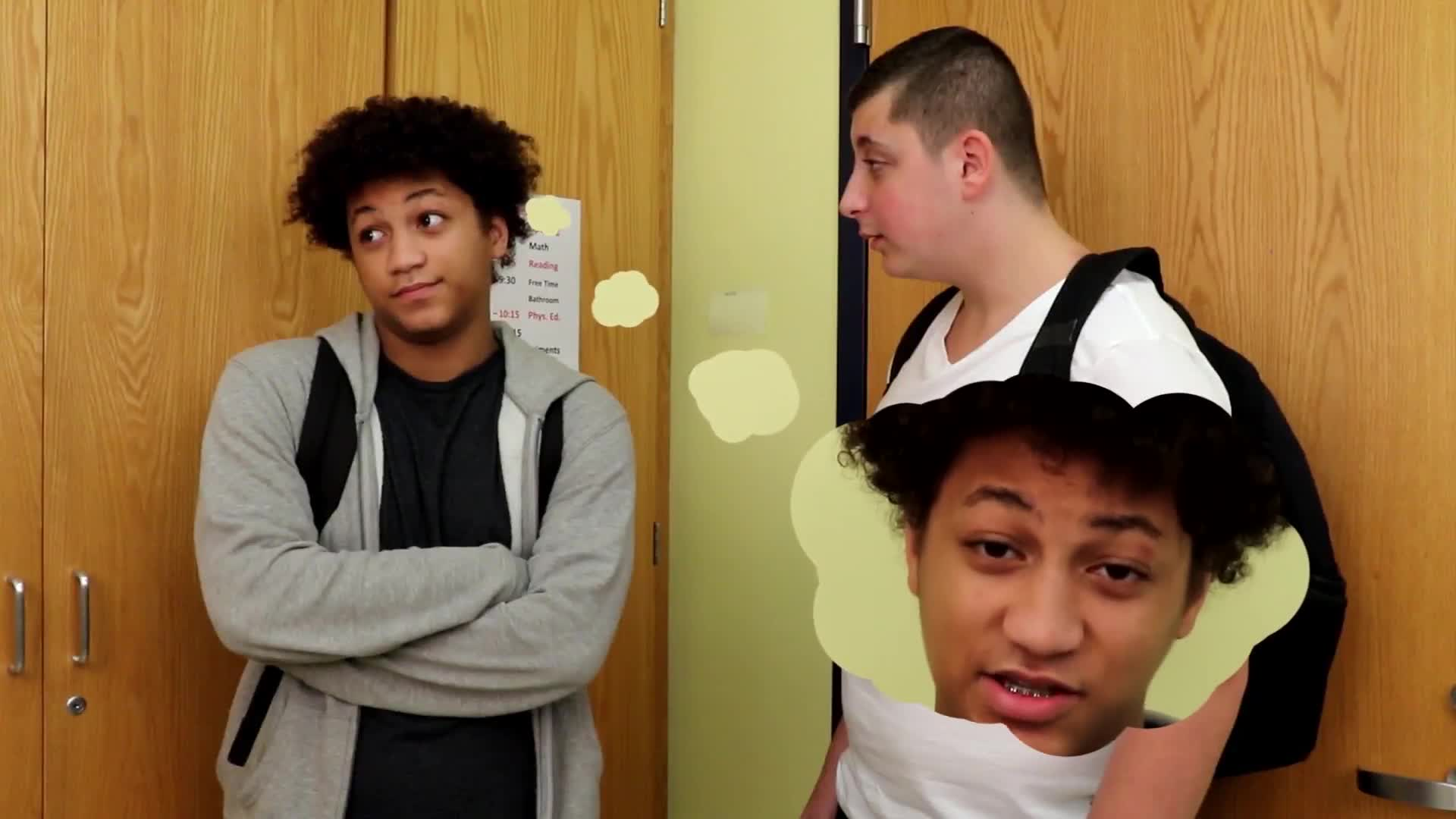
Introduction
In this blog post, we will explore the Fork in the Road game, an engaging activity designed to help students improve their conversation skills by analyzing different behaviors and their outcomes. By understanding the concept of Conversation Drivers and Conversation Stoppers, students can learn how to navigate social situations more effectively and ultimately foster better relationships with their peers.
No-Prep Activity
To play the Fork in the Road game, follow these simple steps:
- Divide your students into small groups or pairs.
- Prompt the students with a conversation scenario, similar to the example provided in the introduction. Be sure to include a Social Fork where the main character must choose between a Conversation Driver and a Conversation Stopper.
- Ask the students to discuss the possible outcomes of each path and decide which one is the better choice for the main character.
- After the students have made their decision, reveal the outcomes of both paths and discuss how the chosen path affected the interaction and the feelings of the characters involved.
- Repeat this process with different scenarios to help students practice identifying Conversation Drivers and Stoppers in various social situations.
Discussion Questions
After completing the Fork in the Road game, use the following questions to stimulate further discussions:
- Why is it important to recognize Conversation Drivers and Stoppers in social interactions?
- Can you think of a time when you used a Conversation Driver or Stopper in a real-life situation? How did it affect the conversation?
- How can understanding Conversation Drivers and Stoppers help improve our relationships with others?
- What are some strategies for turning a Conversation Stopper into a Conversation Driver?
- How can we practice using Conversation Drivers more frequently in our everyday interactions?
Related Skills
Alongside Conversation Drivers and Stoppers, there are other essential social-emotional learning skills that can help students navigate social situations effectively. Some of these related skills include active listening, empathy, perspective-taking, and effective communication. By incorporating these skills into their social interactions, students can foster stronger relationships and become more socially aware individuals.
Next Steps
If you found the Fork in the Road game helpful and would like to explore more activities like this, we invite you to sign up for free sample materials at Everyday Speech. Our resources cover a wide range of social-emotional learning skills designed to help educators support their students in developing essential social competencies. Don’t miss out on these valuable tools – sign up today!

